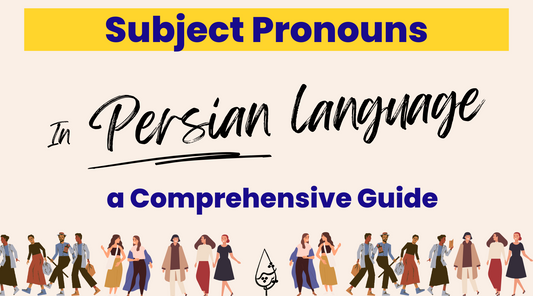Rabe’eh Balkhi (رابعه بلخی) is often regarded as the first known female poet in Persian literature. Most of her life is considered to be obscure.[1] Living in the 10th century, she was a woman of intellect and passion, born into a noble family in Balkh (now in modern-day Afghanistan). Her poetry speaks of love, longing, and the struggles of the heart—expressed with raw intensity that still resonates today. She felt strongly about Sufism, and composed poetry in Persian and Arabic.[1]
But Rabe’eh’s story is not just one of poetry; it is also a story of defiance. She dared to love in a time when love was dictated by societal norms, and she paid a tragic price for it.
Her poetry is not just about love—it is about surrender, struggle, and the lessons that love carves into the soul. In one of her most powerful poems, she speaks of love as an unrelenting force, one that binds her despite her resistance.
Original Persian:
عشق او باز اندر آوردم به بند
کوشش بسیار نامد سودمند
عشق دریایی کرانه ناپدید
کی توان کردن شنا ای هوشمند
عشق را خواهی که تا پایان بری
بس بباید ساخت با هر ناپسند
زشت باید دید و انگارید خوب
زهر باید خورد و انگارید قند
توسنی کردم ندانستم همی
کز کشیدن تنگتر گردد کمند
Translation:
Once again, love has shackled me in chains,
All my efforts proved to be in vain.
Love is a boundless, shoreless sea—
How can you swim, O wise one, so free?
If you wish to journey through love till the end,
You must endure what you cannot amend.
You must see the ugly and call it fair,
Drink poison and taste sweetness there.
I fought against love, but little did I know—
The more you pull, the tighter it grows.
Interpretation:
Rabe’eh paints love as an overwhelming force—like an ocean with no visible shore. No matter how wise or strong one may be, love is beyond control; it swallows reason, making escape impossible.
She then offers a profound truth: if one chooses love, they must accept all its hardships. Love is not just about joy; it requires patience, sacrifice, and an ability to endure pain. She illustrates this with striking metaphors—seeing the ugly as beautiful, tasting poison as though it were sugar. True love demands transformation, a shift in perception, and an acceptance of suffering as part of the journey.
Her final lines reveal a lesson learned too late. She tried to resist love, to fight against it, only to realize that struggle only tightened its grip. Love is a rope—pulling away makes it constrict even more.
These verses, rich with wisdom, reflect a timeless truth: love is not for the faint-hearted. It requires surrender, resilience, and an open heart, willing to embrace both pain and beauty as one.
This verse captures the essence of Rabe’eh’s inner turmoil—the inescapable power of love and the futility of resisting it. No matter how hard she tries to free herself, love pulls her back, unrelenting and unstoppable. It is both her captor and her muse.
Her poetry, much like her life, is filled with an aching beauty—a testament to a heart that loved fearlessly, even when the world stood against it.




